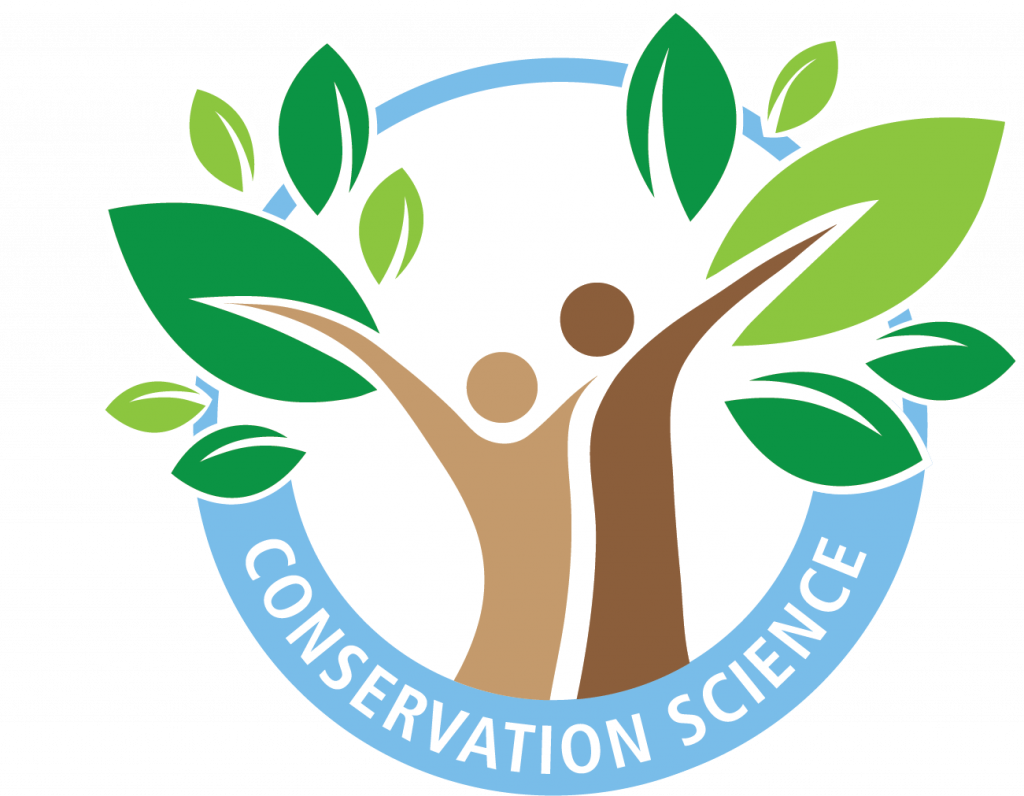

NSF Award: NRT 1828466
The NRT: Enhancing Conservation Science and Practice program at UMaine ran from 2019-2023 under the leadership of Dr. Sandra de Urioste-Stone, Associate Professor of Nature-based Tourism, School of Forest Resources.
As innovative training program in conservation ends, its legacy lives on beyond UMaine
UMaine News Article
NRT stands for National Science Foundation (NSF) Research Traineeship, a program that supports the preparation of future leaders in the science, technology, engineering, and math (STEM) workforce. The NSF funds NRT programs in a range of STEM fields around the country, including three such programs at UMaine: Enhancing Conservation Science and Practice (this program), One Health and the Environment, and Systems Approaches to Understanding and Navigating the New Arctic (SAUNNA).
The goal of the Enhancing Conservation Science and Practice NRT was to train the next generation of interdisciplinary environmental conservation leaders. The coursework, research, and community engagement central to the NRT program was designed to equip the next generation of leaders with the skills necessary to address the challenges presented by global and local changes in environmental, social, economic, and climatic conditions.
Protected areas at all scales conserve ecological and sociocultural systems; promote geological, biological, and cultural diversity; and protect landscapes and ecosystem function. Global policies are increasingly linking nature conservation with human development goals, particularly as we move toward a more integrated, collaborative paradigm for protected areas. Prior to 2025, protected social–ecological systems have been identified as one of the United Nations’ sustainable development goals to reduce poverty and support sustainable livelihoods for all people.
The transdisciplinary research and active learning experiences central to the NRT program addressed governance frameworks, biodiversity conservation, sustainable rural livelihoods and resource-dependent economies, stewardship values, citizen science and participation, and spatial sciences. Our goal is to build a well-trained, experienced workforce to advance conservation solutions that will ultimately lead to enhanced resilience of socio–ecological systems.
